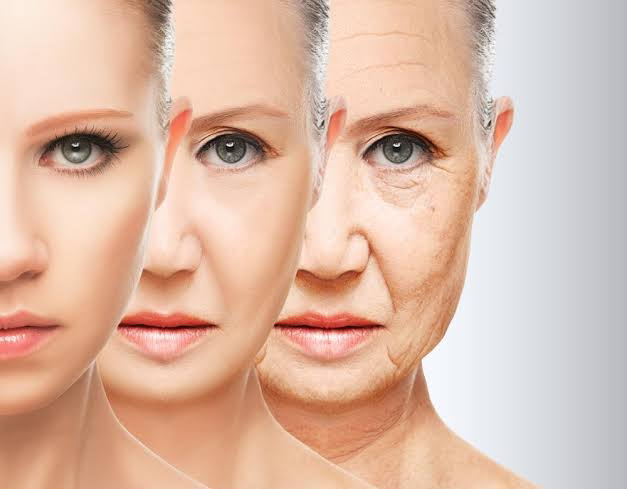Everything you want to know about Sweat and Bad body odour.
Stress Sweat: Why It Smells Worse and How to Manage
It
Introduction:
Sweating is a natural and essential bodily function designed
to regulate body temperature, but not all sweat is created equal. When it comes
to stress sweat versus regular sweat, there are noticeable differences, with
stress sweat often carrying a more pungent odor. Understanding the reasons
behind this phenomenon and learning effective management strategies can
significantly improve both physical and mental well-being.
The Science Behind Sweat:
Sweat is primarily composed of water, salt, and
electrolytes. Regular sweat, produced by the eccrine glands, is mostly water
and serves to cool the body down as it evaporates from the skin's surface. This
type of sweat is generally odorless. On the other hand, stress sweat, triggered
by emotional or psychological factors, comes from the apocrine glands. These
glands release a thicker, milky sweat that contains proteins and lipids. When
this type of sweat comes into contact with bacteria on the skin, it produces a
distinct and often unpleasant odor.
Why Stress Sweat Smells Worse:
The apocrine glands, responsible for stress sweat, are
concentrated in areas rich in hair follicles, such as the underarms and groin.
When stress hormones like cortisol are released, these glands become more
active, producing a thicker and more odorous sweat. Additionally,
stress-induced sweat tends to linger on the skin longer than regular sweat,
providing bacteria more time to break it down and generate foul-smelling
byproducts.
Managing Stress Sweat:
Practice Stress Reduction Techniques:
Engage in activities such as meditation, deep breathing
exercises, or yoga to help manage stress levels. By reducing stress, you can
minimize the triggers for stress sweat.
Regular Exercise:
Incorporating regular physical activity into your routine
not only helps in stress management but also improves overall health. Exercise
stimulates the release of endorphins, which can counteract the effects of
stress.
Maintain Good Hygiene:
Proper hygiene is crucial in managing the impact of stress
sweat. Shower regularly, use mild soap, and keep the underarm and
groin areas clean. This helps eliminate bacteria on the skin that contribute to
the unpleasant odor.
Choose Breathable Fabrics:
Opt for clothing made from breathable materials like cotton
to allow better air circulation and reduce the likelihood of sweat becoming
trapped against the skin.
Antiperspirants and Deodorants:
Use antiperspirants or deodorants specifically designed to
combat stress sweat. These products often contain higher concentrations of
active ingredients that target odor-causing bacteria and help control excessive
sweating.
Stay Hydrated:
Drinking an adequate amount of water helps regulate body
temperature and supports the body's natural cooling mechanisms. Proper
hydration can reduce the need for excessive sweating.
Conclusion:
Stress sweat, with its distinctive and often unpleasant
odor, is a natural response to emotional and psychological factors.
Understanding the science behind stress sweat and adopting effective management
strategies can help individuals maintain better personal hygiene and overall
well-being. By addressing the root causes of stress and implementing practical
solutions, it is possible to reduce the impact of stress sweat and its
associated challenges.









Comments
Post a Comment